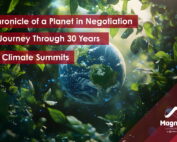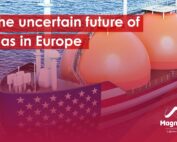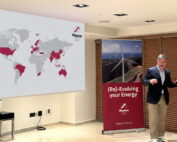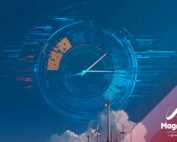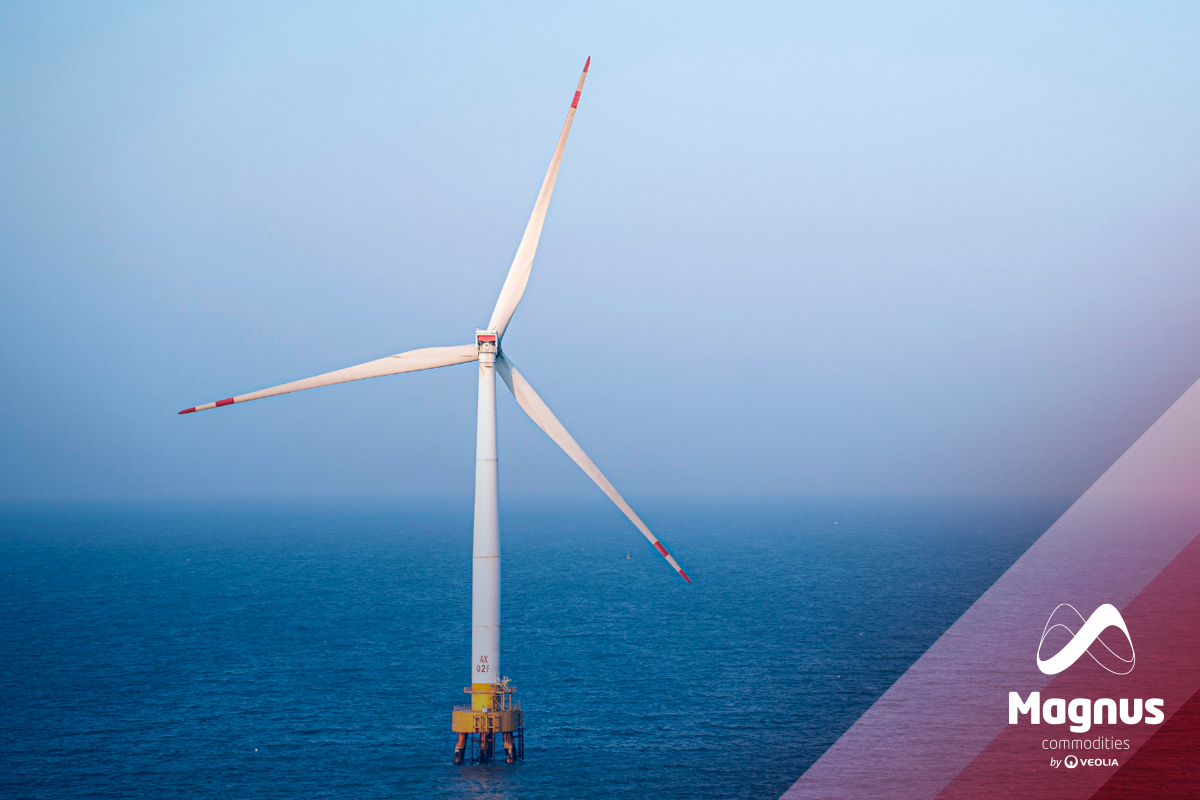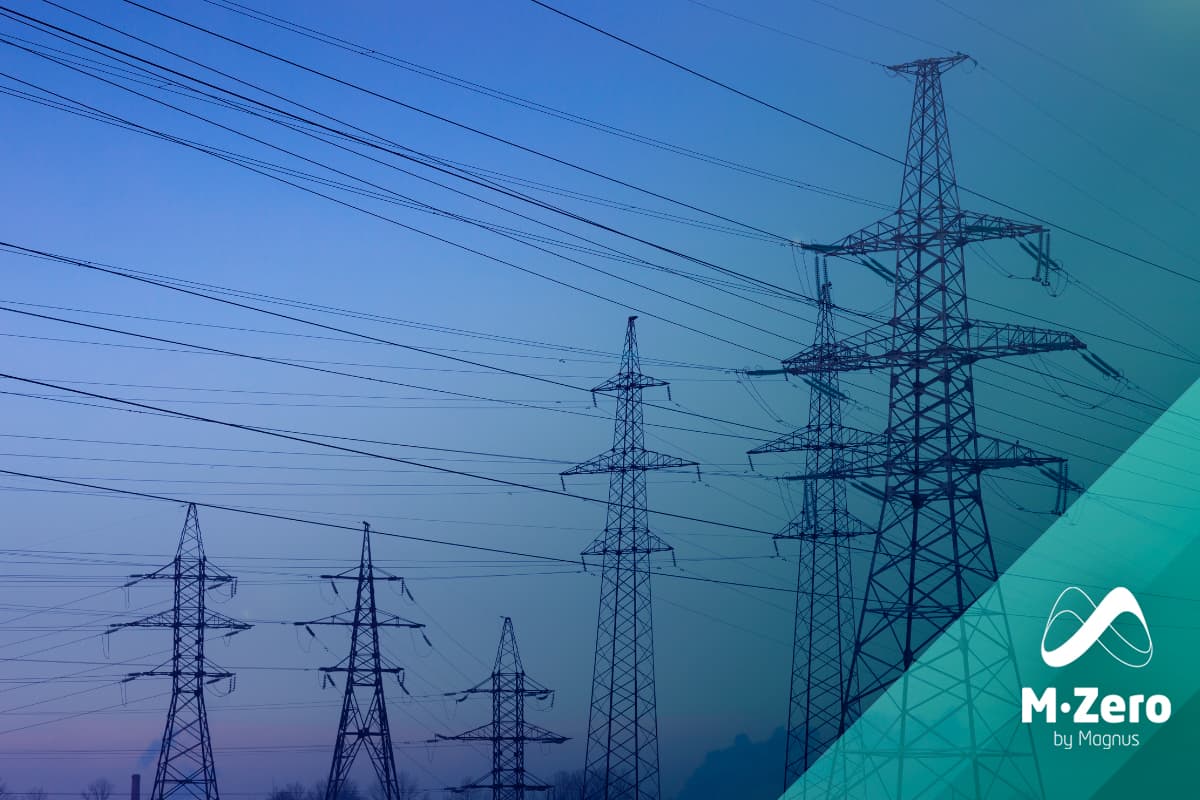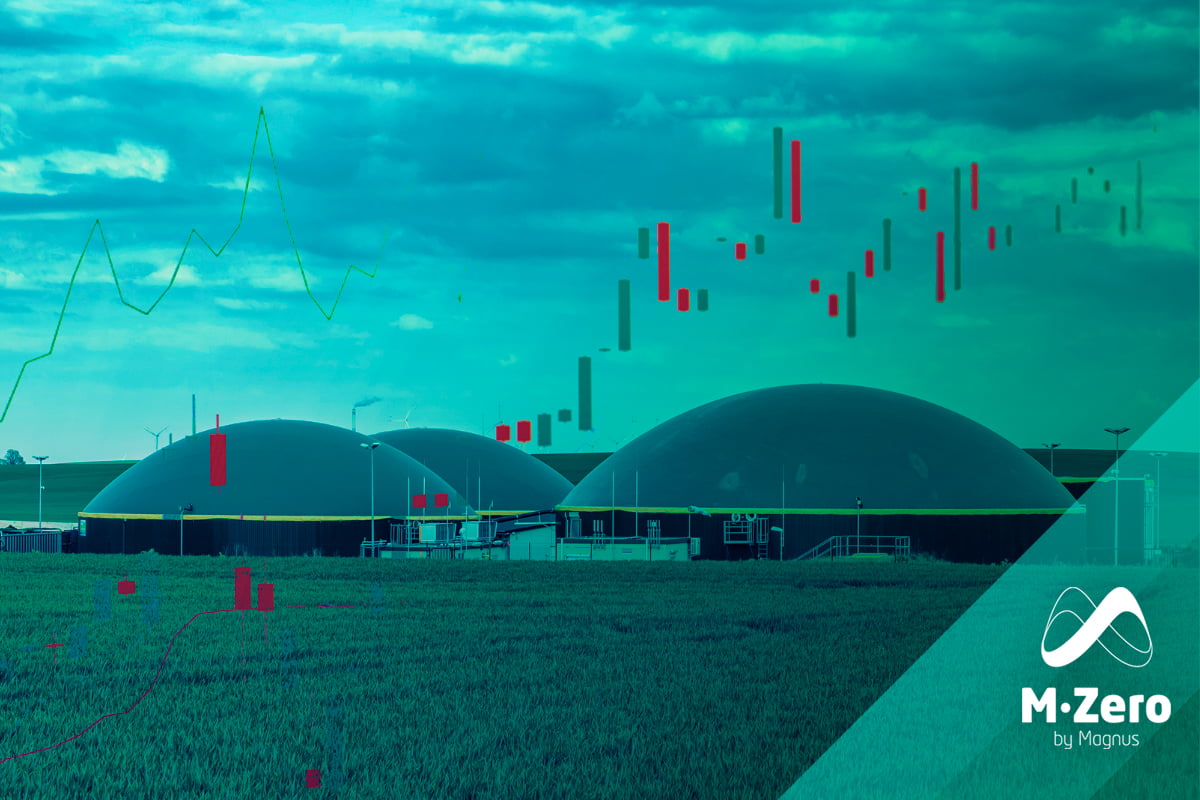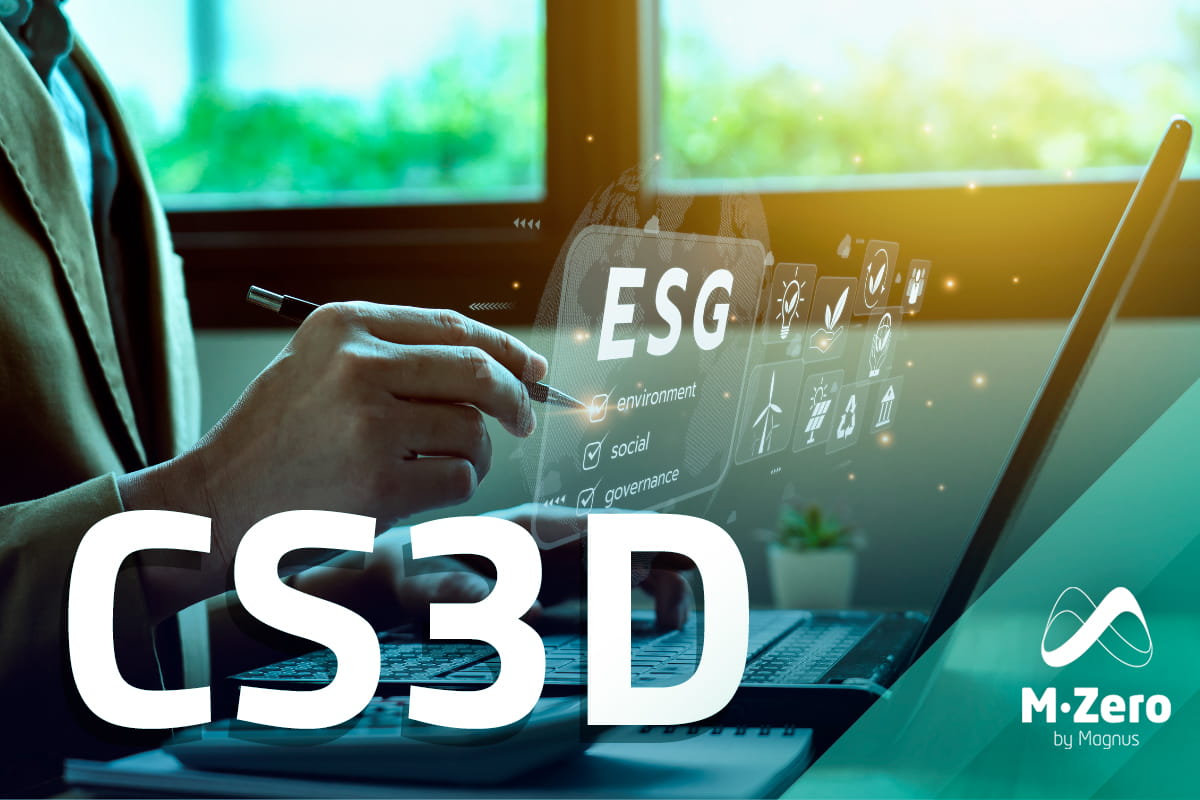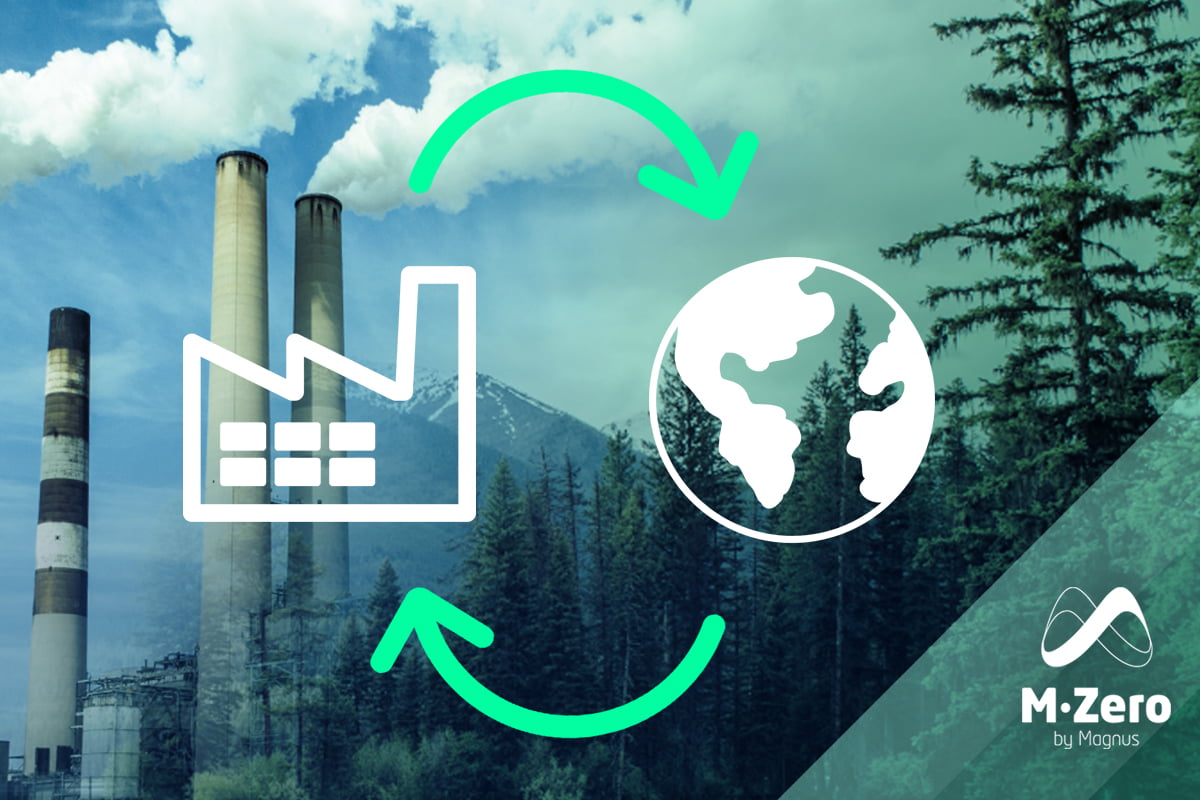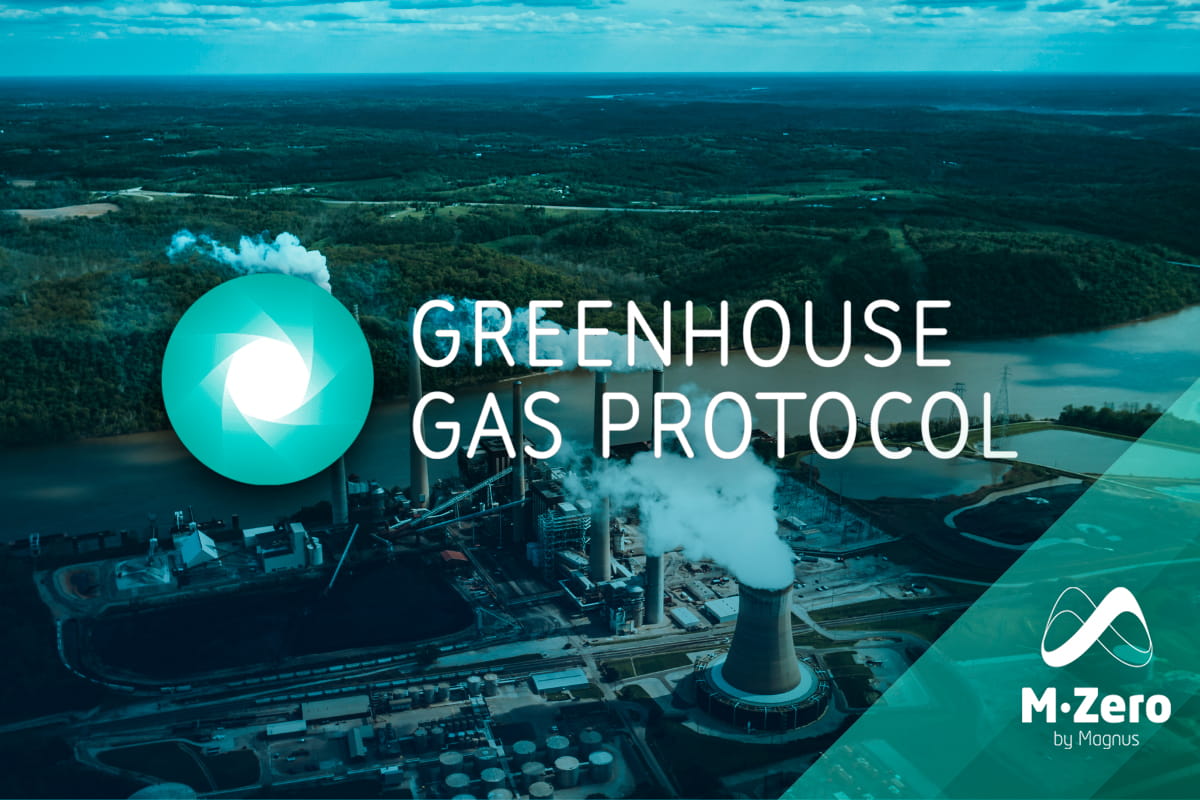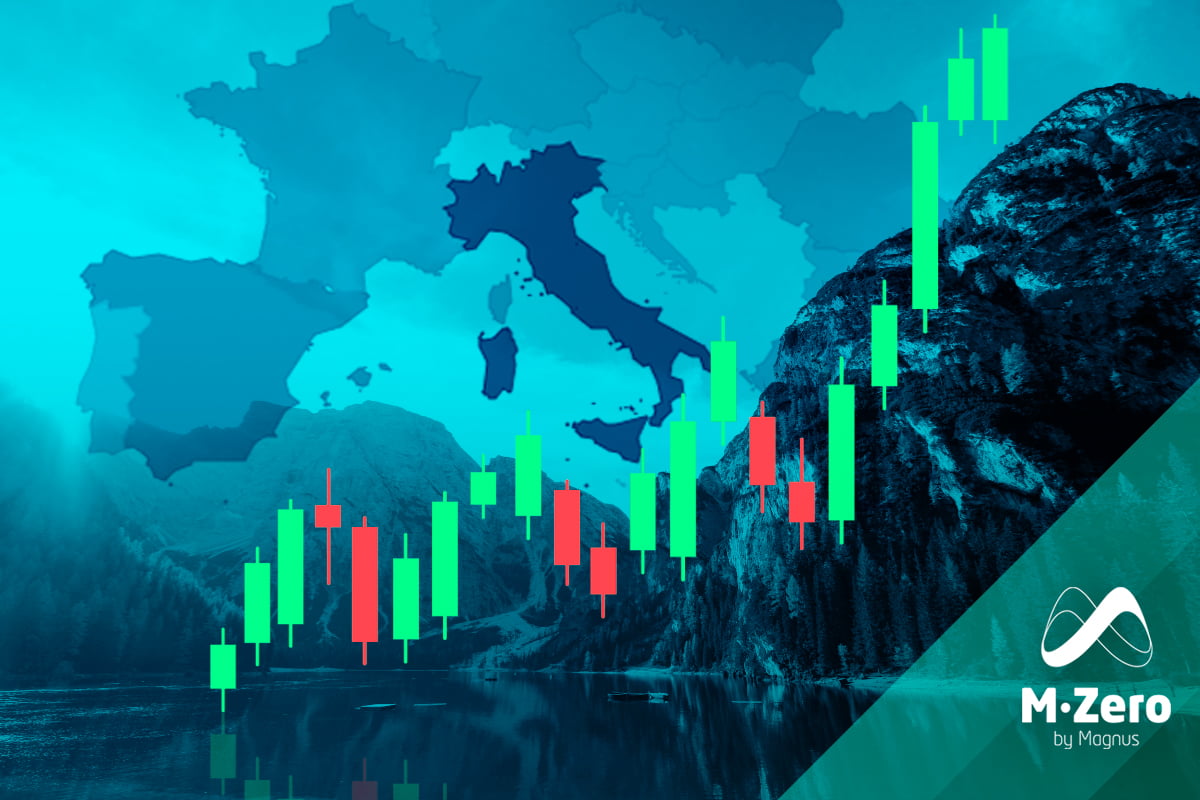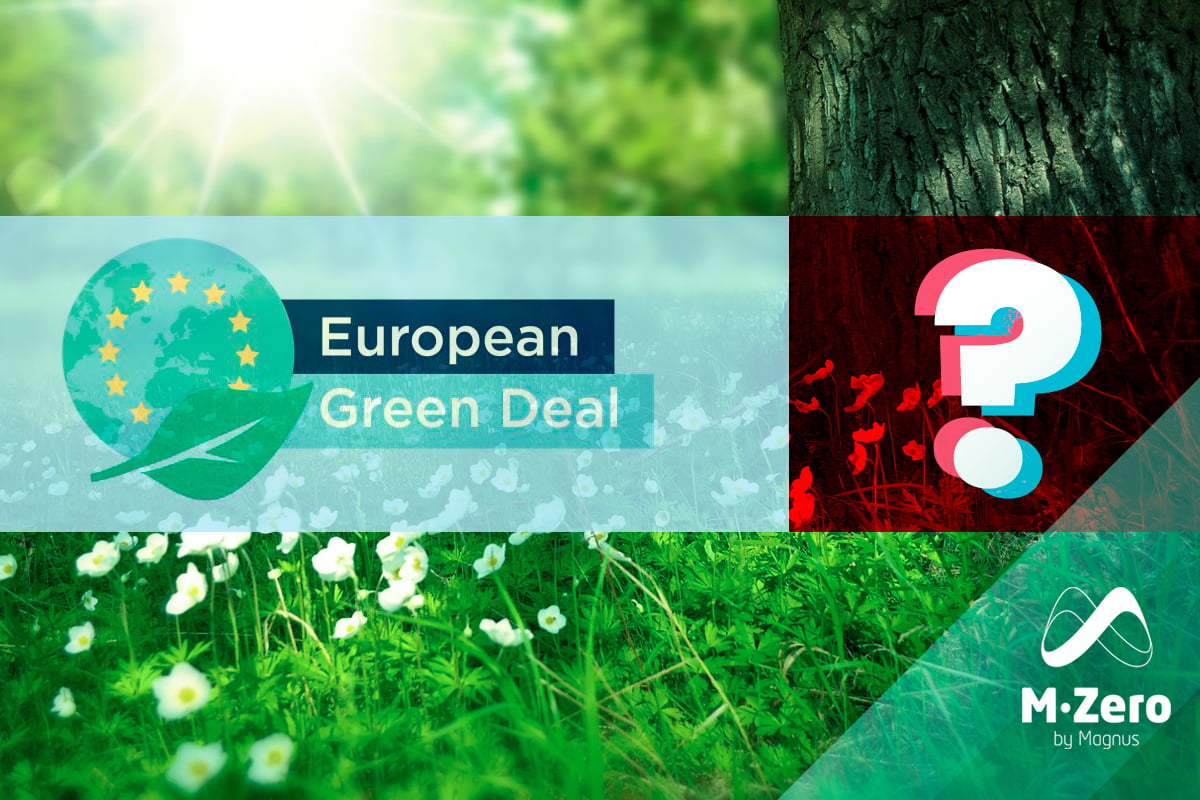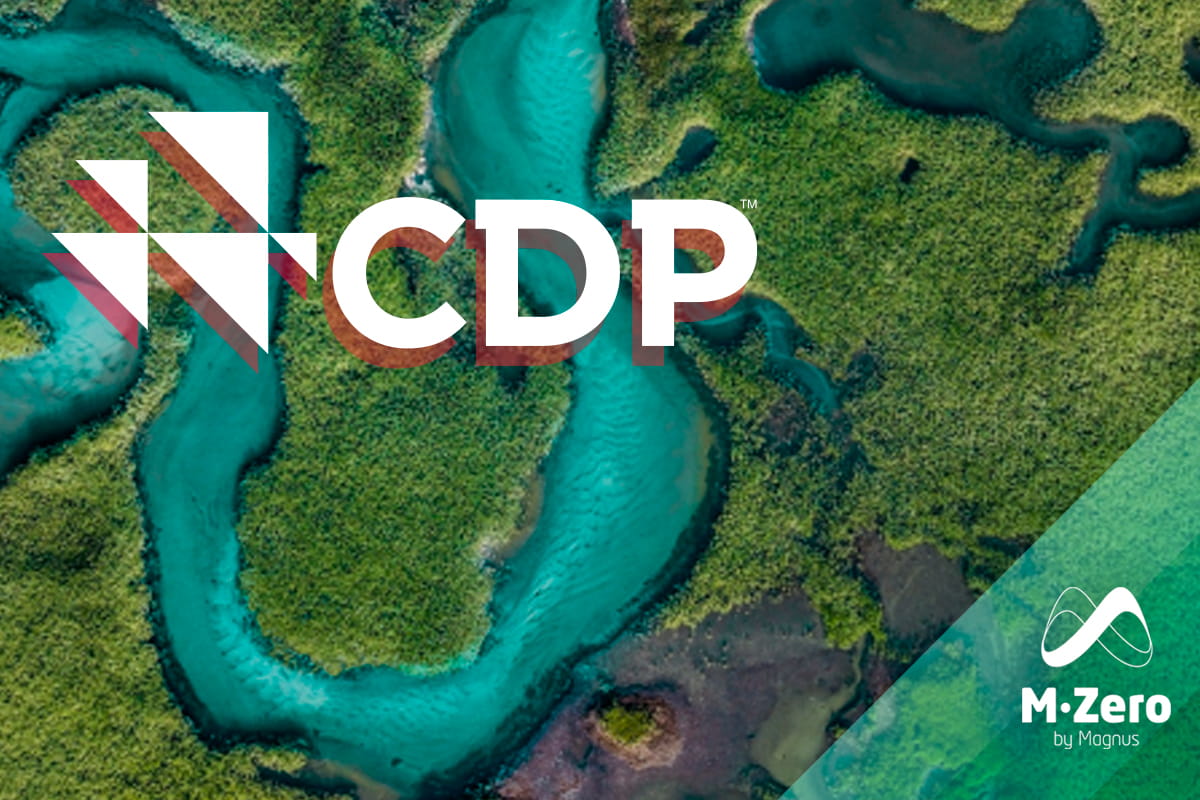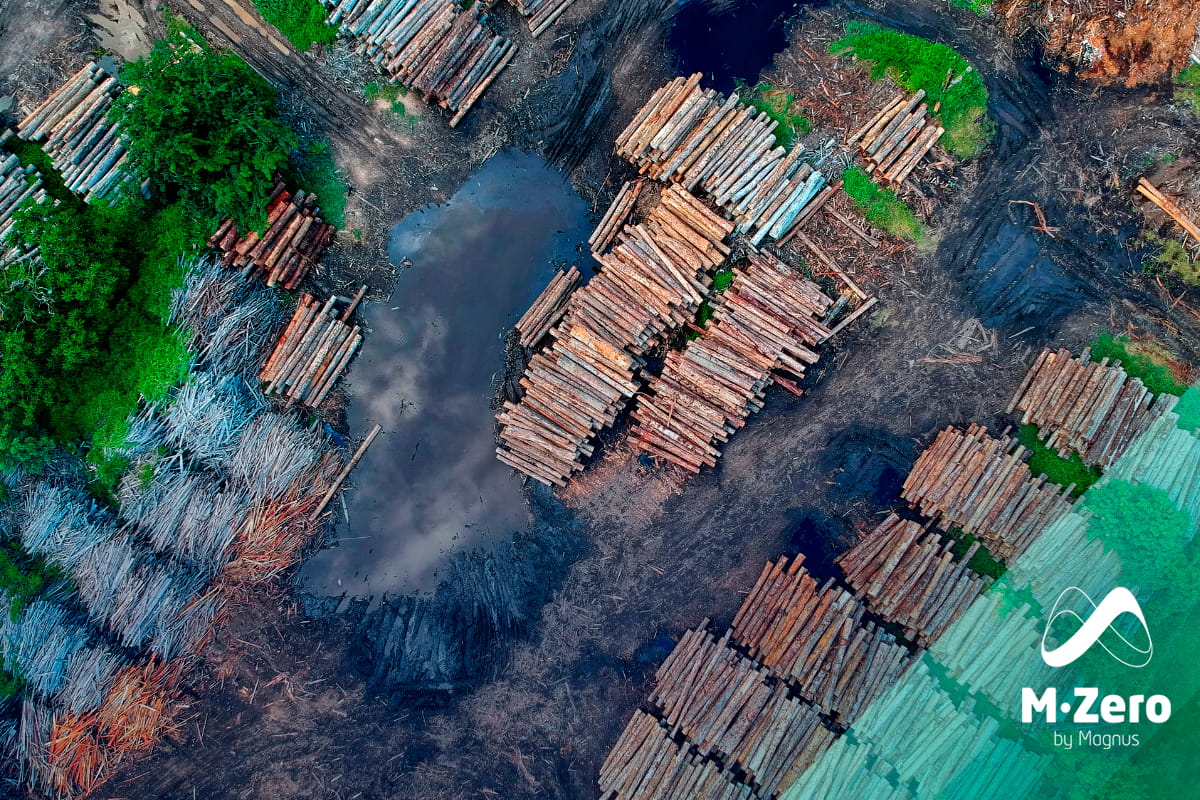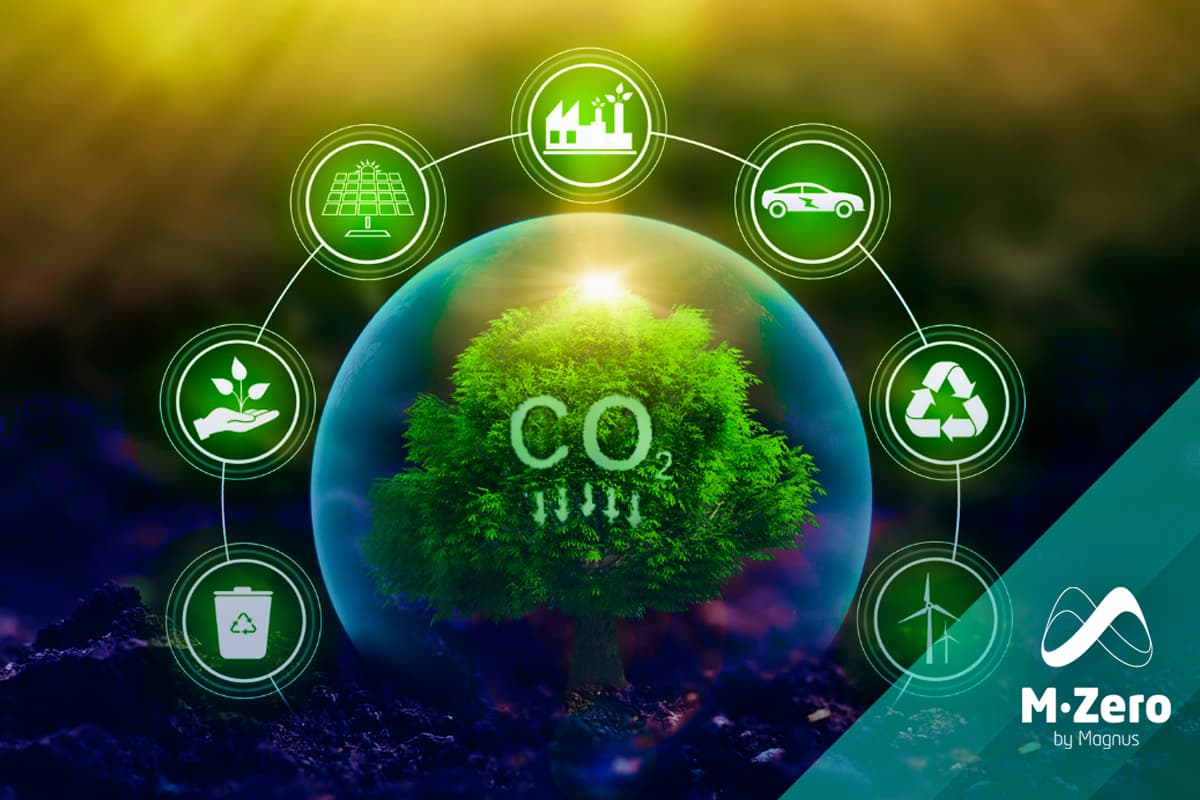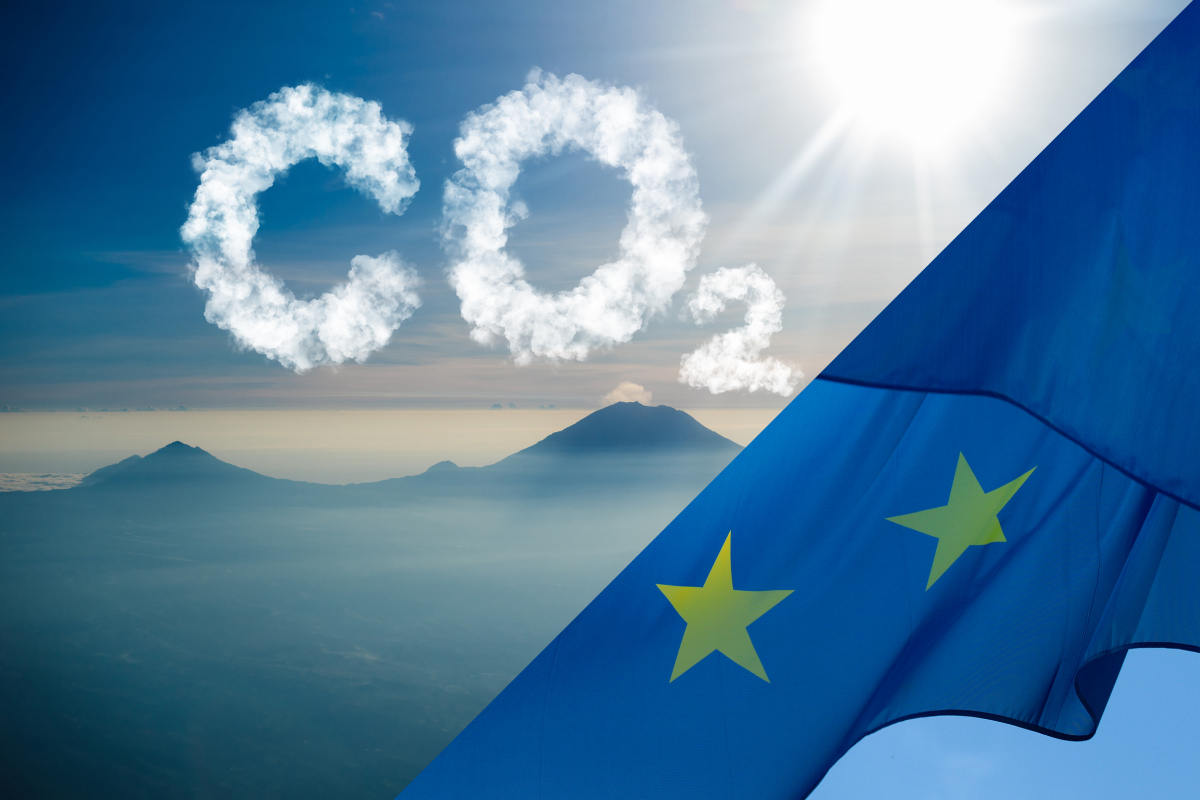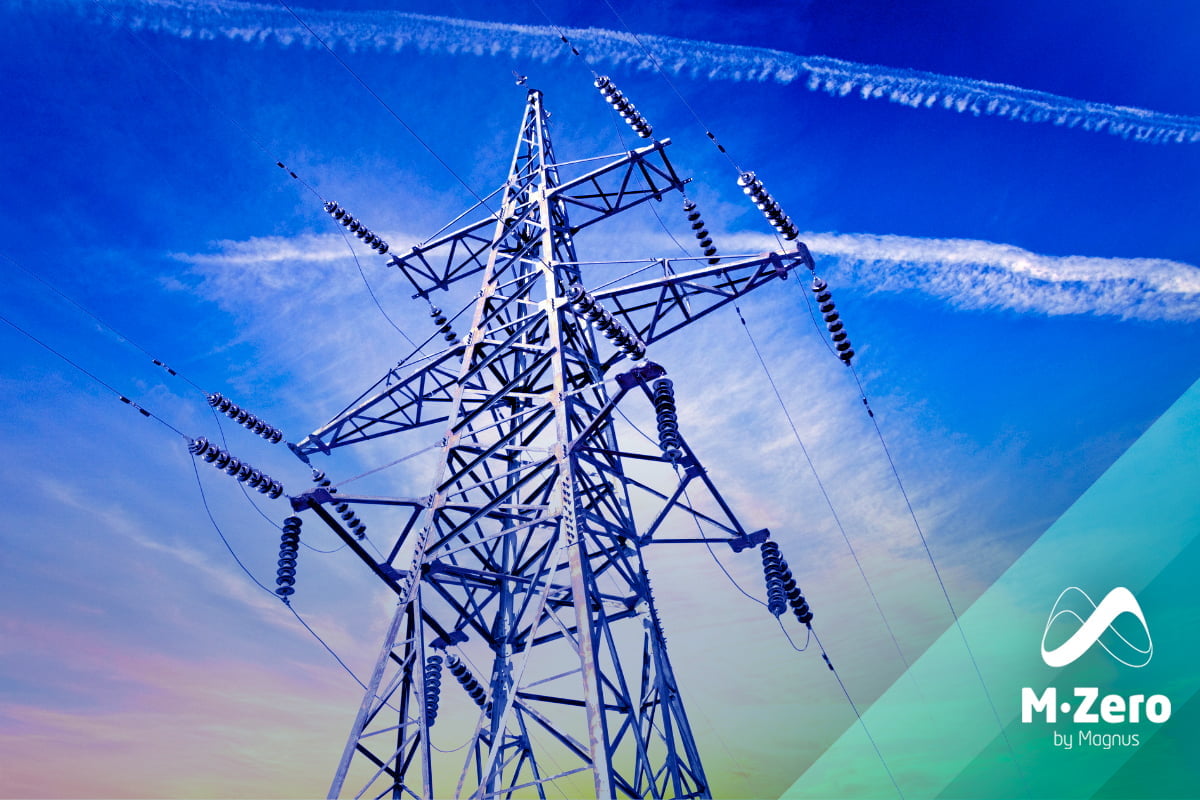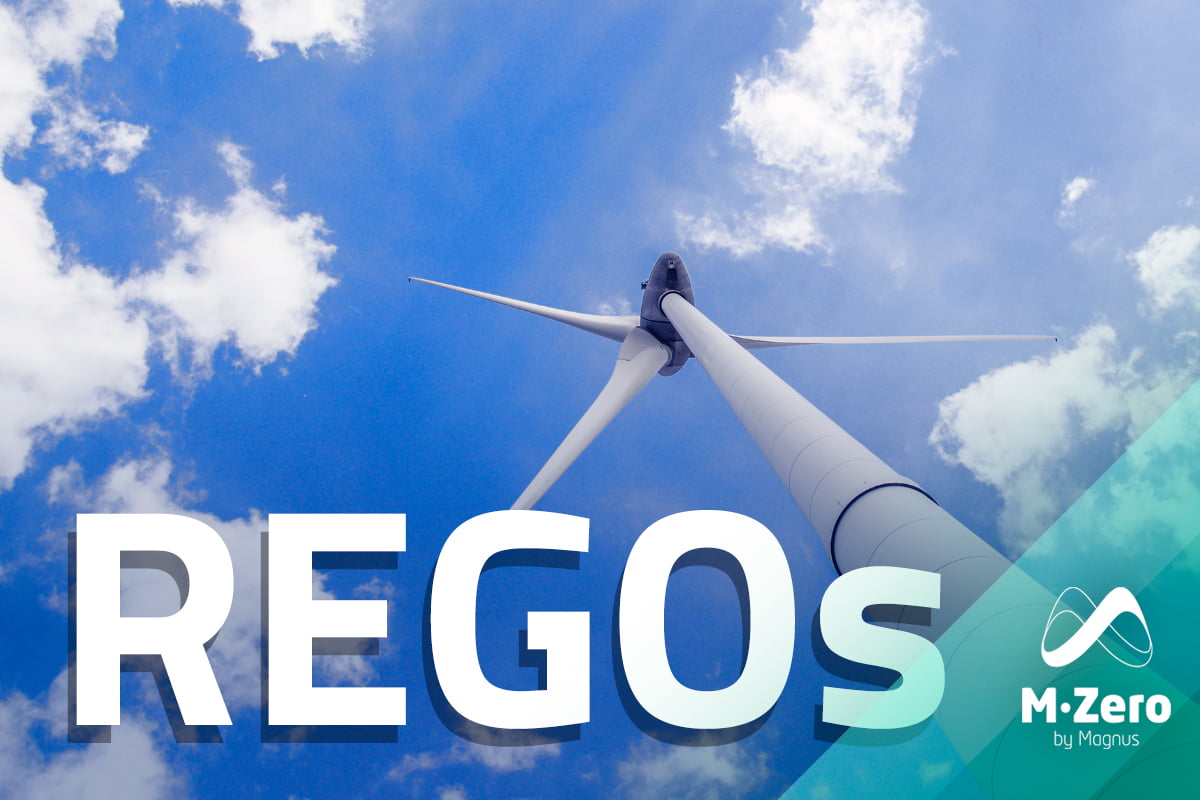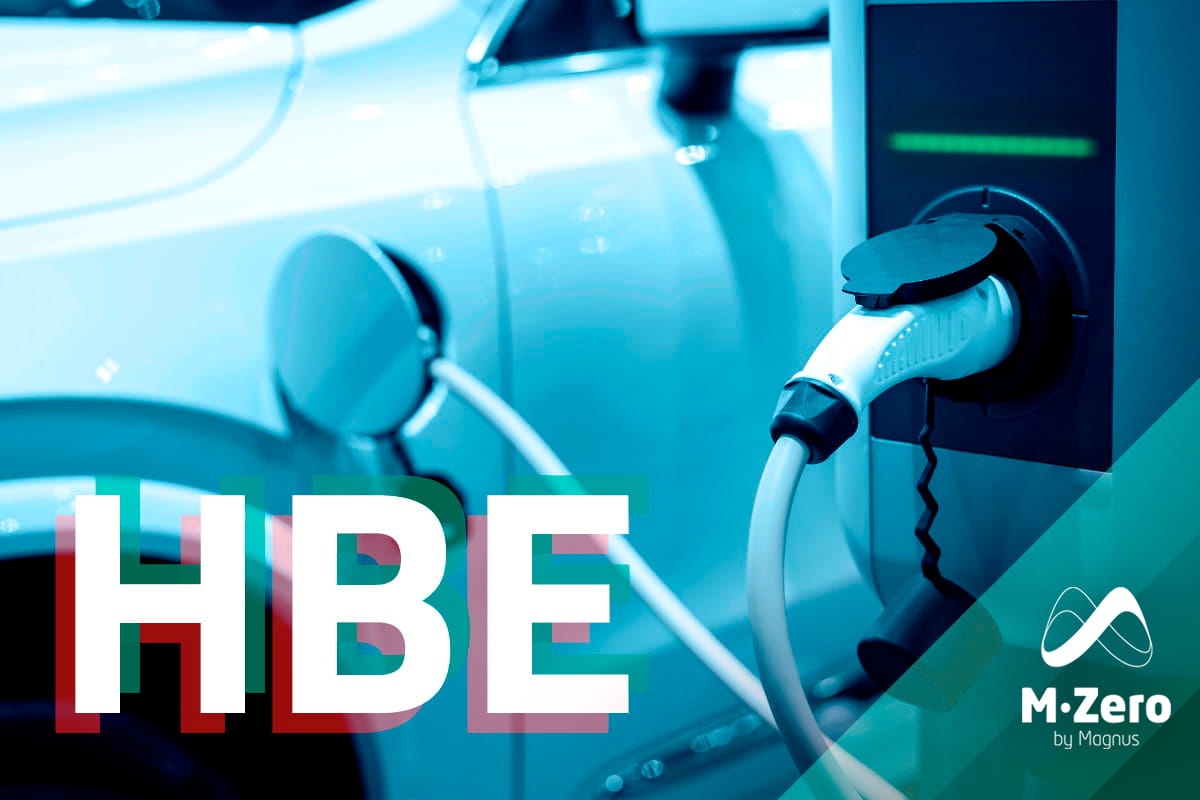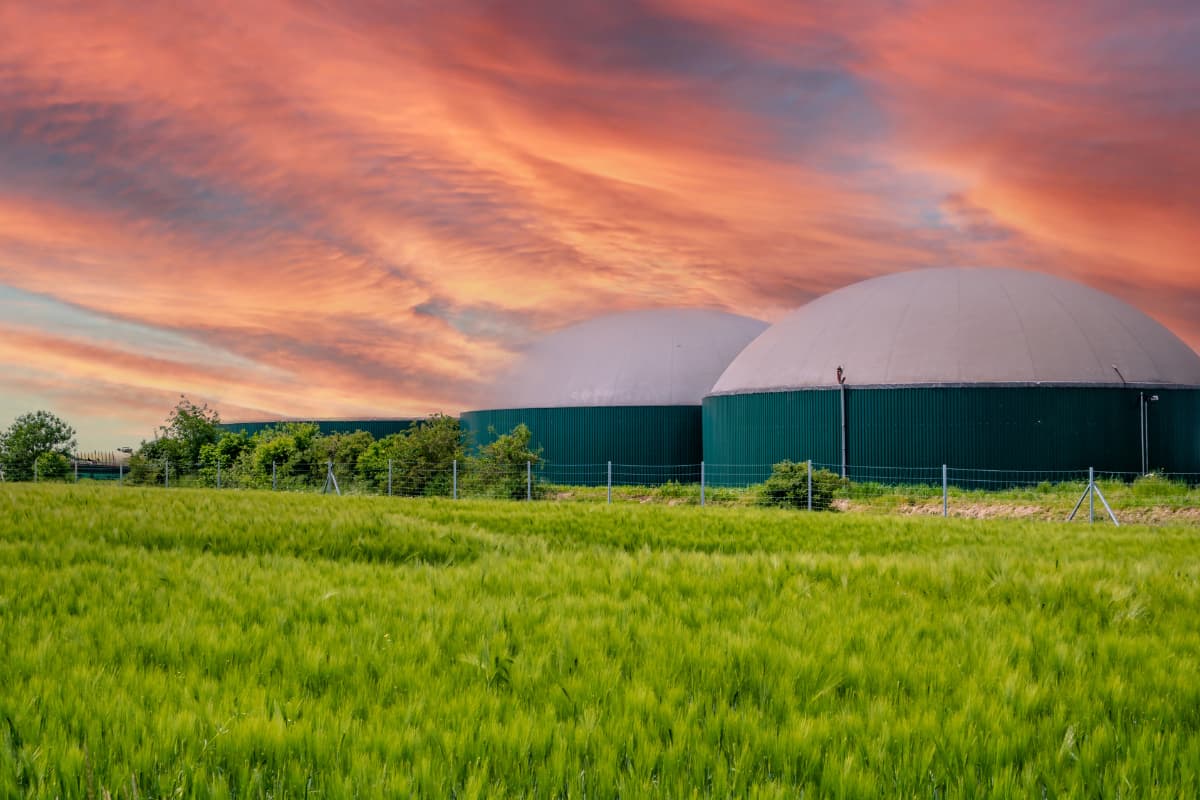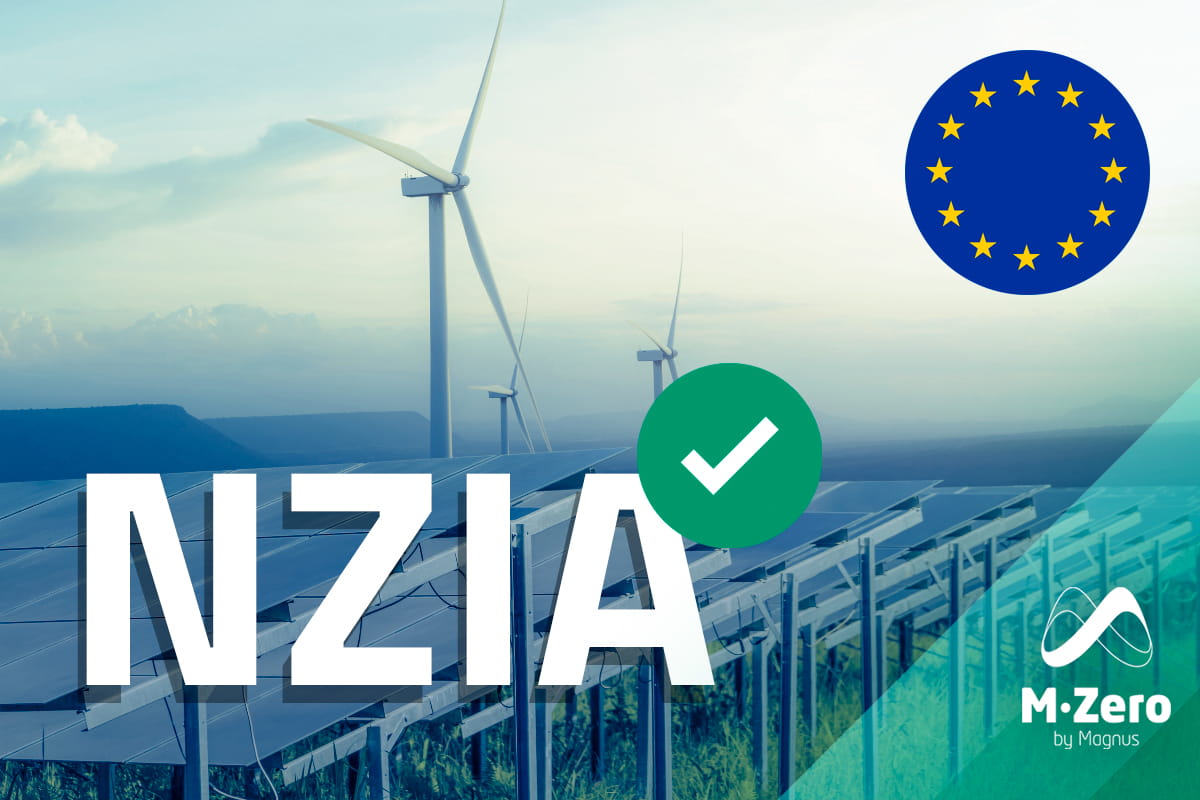
On May 27th, the European Commission has finally approved the adoption of the Net-Zero Industry Act (NZIA).
According to the EU Commission, the NZIA was launched as Europe currently imports the technologies necessary to reach its climate and energy objectives, and as major government initiatives globally heat up to grab a stake in the rapidly emerging market to facilitate the net zero transition. The race kicked into high gear with the passage of the U.S.’ Inflation Reduction Act, which allocated nearly $270 billion through a series of tax credits, loans, grants and subsidies to areas including renewable energy and industrial decarbonization solutions.
By creating a unified and predictable business environment for the clean tech manufacturing sector, NZIA is due to sharpen the competitiveness and resilience of the EU’s industrial base by supporting a broad range of specific technologies, from solar photovoltaic and thermal technologies, onshore and offshore renewable energy, and batteries and storage, to heat pumps and geothermal energy, electrolyzers and fuel cells, biogas/biomethane, carbon capture and storage (CCS), nuclear power and grid technologies, and creating a series of targeted actions to support their development in the EU, including streamlining permitting processes, and introducing sustainability and resilience criteria in public procurement and auctions, as well as setting up “Net-Zero Industry Academies” to scale up the creation of quality jobs and a skilled workforce, putting the EU on track to strengthen its domestic manufacturing capacities of key net-zero technologies and products needed to achieve the EU’s climate-neutrality.
According to the President of the European Commission, Ursula von der Leyen: “With the Net-Zero Industry Act, the EU has now a regulatory environment that allows us to scale up clean technologies manufacturing quickly. The Act creates the best conditions for those sectors that are crucial for us to reach net-zero by 2050.”
Progress
The NZIA was announced by President von der Leyen as part of the Green Deal Industrial Plan presented on 1 February 2023. The Commission presented the NZIA proposal on 16 March 2023, alongside the Critical Raw Materials Act and the reform of the electricity market design. The European Parliament and Council reached a provisional agreement on 6 February 2024, as we’ve shared in a previous blog, and the Parliament voted on the legislation on 25 April 2024. On 17th May 2024, following the European Parliament’s adoption of the regulation, a consolidated text was published in the Council Register and the Council’s vote last Monday, May 27th was the final step in the legislative process.
Goals
The European Green Deal aims to achieve the milestone of Europe becoming the first climate-neutral continent by 2050.
In that regard, the objective of the NZIA is to have at least 40% of the annual deployment needs for net-zero technologies manufactured in the EU by 2030, to reach a 15% share of the world’s production of these technologies by 2040 and to have an annual injection capacity of at least 50 MtCO2 to be achieved by 2030 in geological storage sites located in the territory of the Union.
In addition, the EU foresees a variety of actions and instruments, that aim to:
- Ensure the European Union can transform its economy while maintaining the Union’s open strategic autonomy, ensuring that citizens have access to clean, affordable, secure energy and avoiding creating new dependencies.
- Simplify the regulatory framework for attracting investments and scaling up the manufacturing of these technologies and therefore helps increase the competitiveness of the net-zero technology industry in Europe.
- Settling enabling conditions, by streamlining permitting processes for net-zero technology manufacturing projects, together with setting up single points of contact in the Member States.
- Facilitating access to markets and the deployment of renewables, by boosting diversification for net zero technologies by introducing sustainability and resilience criteria in public procurement and auctions, as well as actions to support private demand.
- Accelerating CO2 capture and storage, introducing requirements for the EU’s oil and gas producers to contribute to this goal.
- Enhancing skills, by ensuring the availability of skilled workforce with the proper education, training and innovation for the clean energy transition by supporting the establishment of Net-Zero Industry Academies.
- Fostering innovation, by proposing to set up regulatory sandboxes to test innovative net-zero technologies in a controlled way for a limited time period.
- Building Industrial Partnerships, by foreseeing that the EU may collaborate with like-minded countries globally and engage in Net-Zero Industrial partnerships which will help to diversify trade and investments in net-zero technologies.
Moreover, the NZIA sets up the creation of Net-Zero Acceleration Valleys will further facilitate the establishment of clusters of net-zero industrial activity in the EU. Finally, the Net-Zero Europe Platform will serve as a central coordination hub, where the Commission and EU countries can discuss and exchange information as well as gather input from stakeholders.
Net-Zero Strategic Projects
The NZIA introduces the notion of “Net-Zero Strategic Projects”, which are projects essential for improving and reinforcing the resilience and autonomy of the EU’s net-zero industry. Such projects can be proposed by project promoters and will be selected by the relevant Member State based on their contribution to increasing the manufacturing capacity of net-zero technologies where the EU depends heavily on imports from a single third country or based on their contribution to the competitiveness of the EU’s net-zero industry supply chain.
Net-Zero Acceleration Valleys
The Net-Zero Acceleration Valleys aim to attract investments in areas where infrastructure and other needs can be leveraged among industrial actors, further streamlining administrative procedures via their own dedicated Single points of contact. Under NZIA, the competent authorities will have to carry out environmental assessments of the geographic area, with the aim to streamline subsequent planning for individual projects.
Deployment of renewable energy
By strengthening the EU supply chain of net-zero technologies that are key for the clean energy transition, the NZI wants to ensure that the supply of renewable energy technologies will match the demand needed to achieve the ambitious deployment targets set in the revised Renewable Energy Directive. Besides, it wants to help to avoid supply chain bottlenecks which slow down the roll-out of renewable energy and thereby delay the clean energy transition.
The NZIA introduces provisions on the inclusion of non-price criteria related to cybersecurity, the ability to deliver projects fully and on time, responsible business conduct, environmental sustainability, innovation, energy system integration and resilience in auctions for renewable energy. These will support the deployment of renewable energy technologies with high sustainability and resilience standards, while currently auctions are largely centered on the price criteria.
Deployment of CO₂ capture, transport, and storage projects
The NZIA removes a major barrier to developing CO₂ capture and storage as an economically viable climate solution, in particular for hard-to-abate emissions in energy-intensive industries, in line with the aims of the Industrial Carbon Management Communication.
Transparency is created by bringing together the most relevant assets to establish a single market for CO2 storage services. This covers information from Member States about potential CO2 storage capacity in terms of geological suitability and existing geological data, in particular from the exploration of hydrocarbon production sites. Storage site investors will benefit from information about planned CO2 capture projects, and the necessary CO2 transport infrastructures will benefit from Member States and the EU making all reasonable efforts to support its deployment. Furthermore, the NZIA requires the EU’s oil and gas producers to proportionally contribute to establishing the required CO2 storage sites in the EU.
Energy-intensive industries
In view of the need to increase competitiveness across the full net-zero supply chains, the NZIA also covers manufacturers from energy intensive industries such as steel, chemicals or cement that produce components that are used in these net-zero technologies and that invest in decarbonization.
The Net-Zero Europe Platform
This Platform brings together the Member States and the Commission to jointly assist and exchange best practices in relation to the actions and implementation of the NZIA, as well as facilitate the exchange of information between stakeholders in order to ensure the correct implementation of the Act.
Under the Platform there will also be a Net-Zero Industry Group. This group will be made up of net-zero industry representatives which will provide recommendations to the Platform.
To help reduce the regulatory burden for net-zero industries, a Net-Zero Regulatory Burden Scientific Advisory Group will be established which will develop science-informed advice on the impact of the regulatory burden in the Union on net-zero industries.
To strengthen the cooperation with European industry and social partners, the Commission President announced the launch of the Clean Energy dialogues in her 2023 State of the Union speech, to discuss with them how to strengthen and support the implementation of the European Green Deal, contributing to a reinforced industrial approach.
Next steps
After the Council’s vote at the Agriculture and Fisheries Council that took place on 27th May 2024, the NZIA will be published in the Official Journal, which is expected towards the end of June 2024, and will enter into force 1 day after.
If you found it interesting, please share it!
Recent Articles

